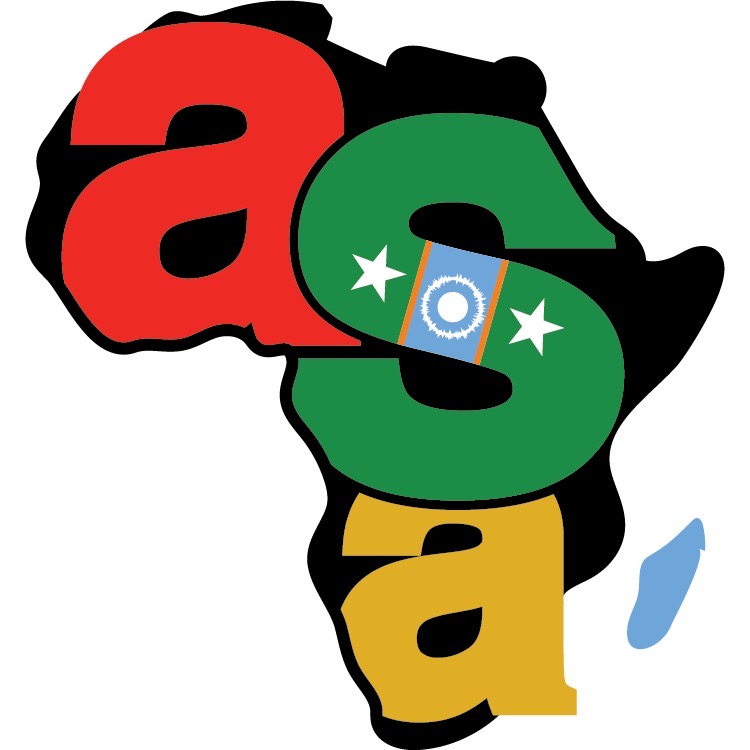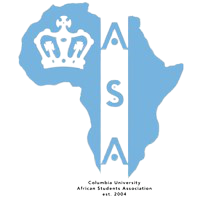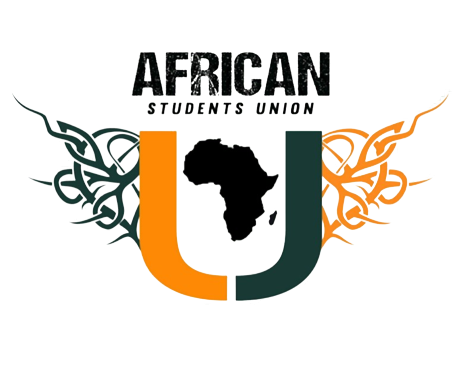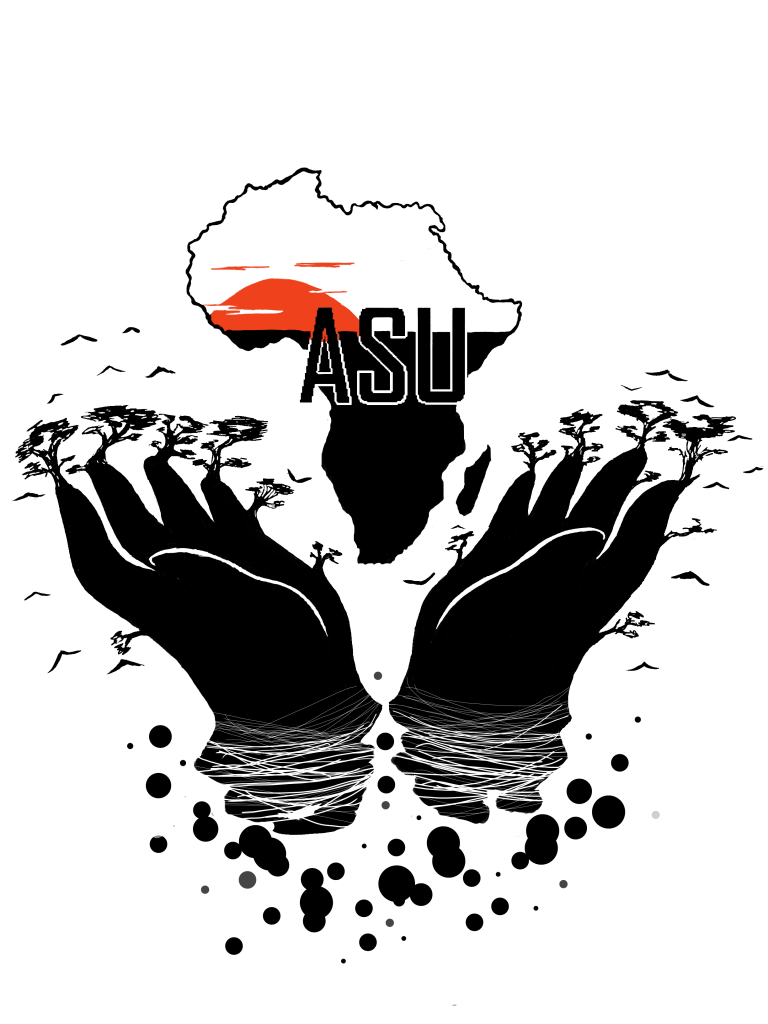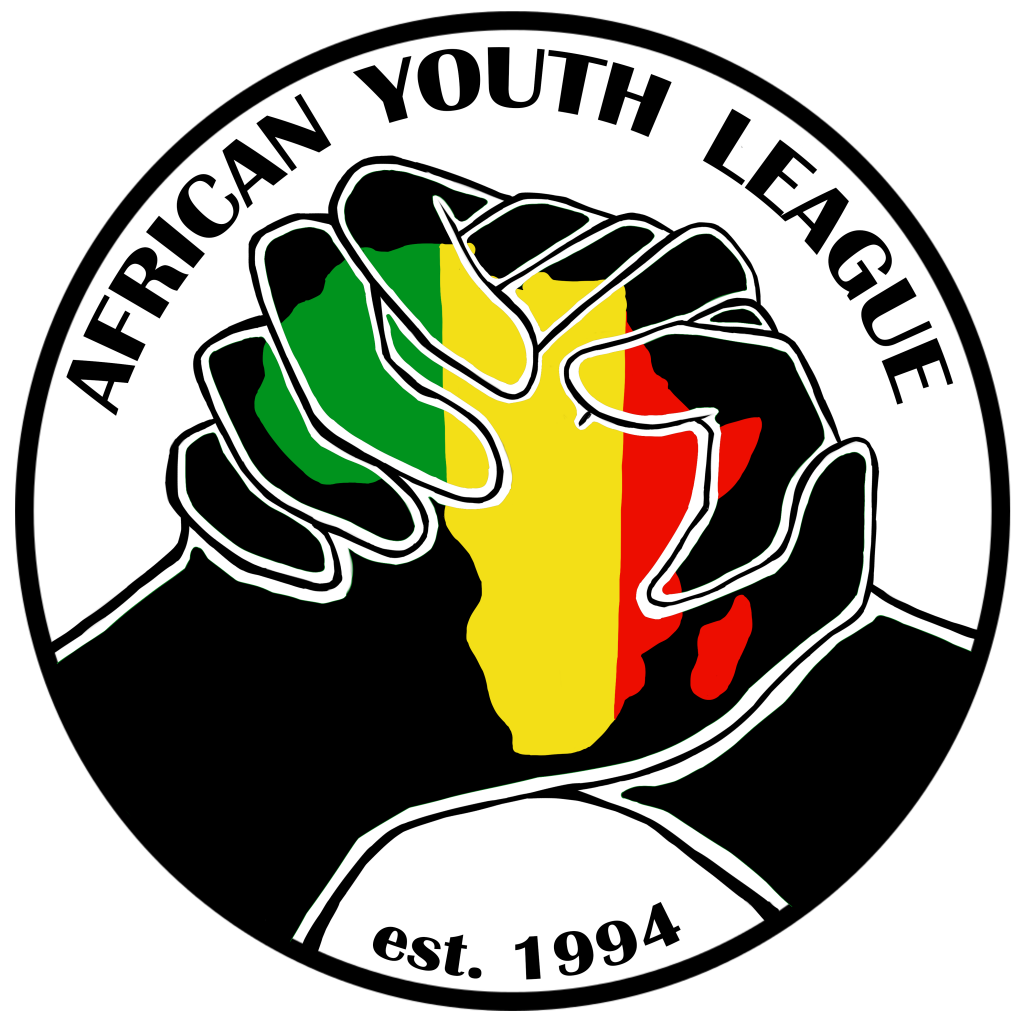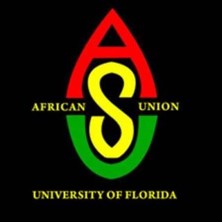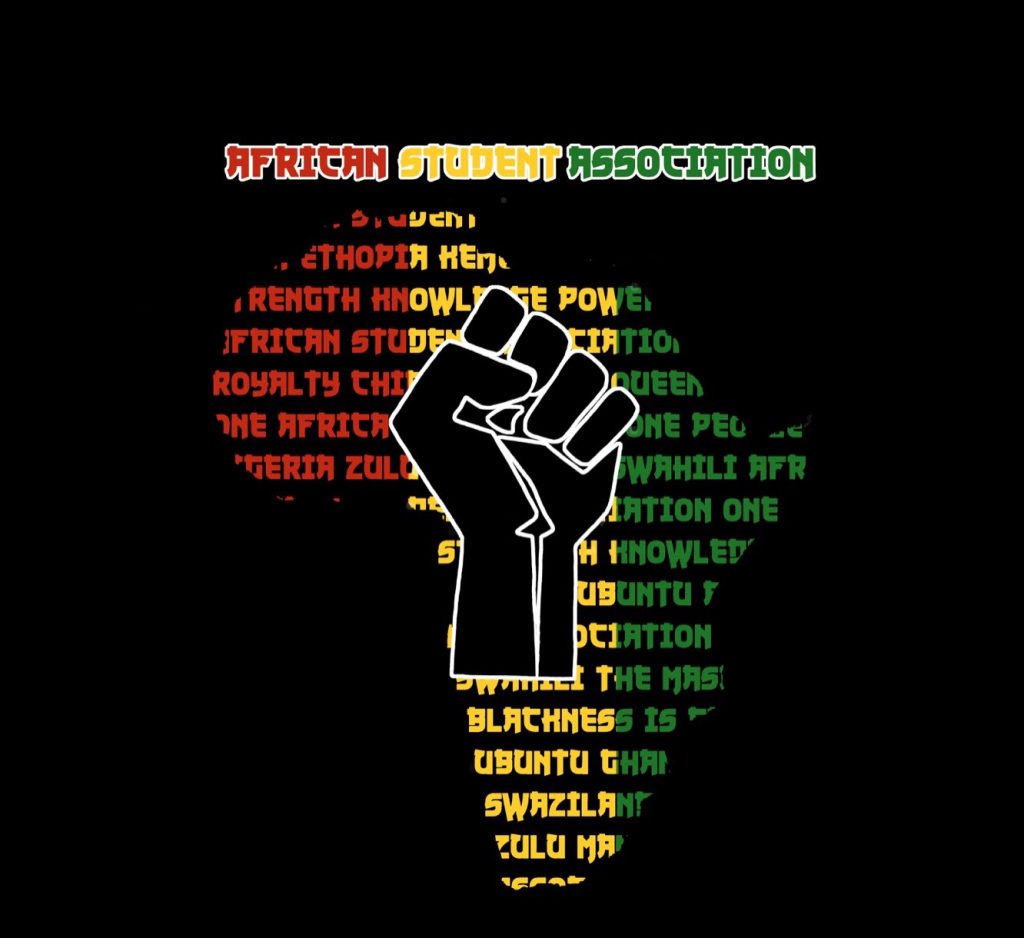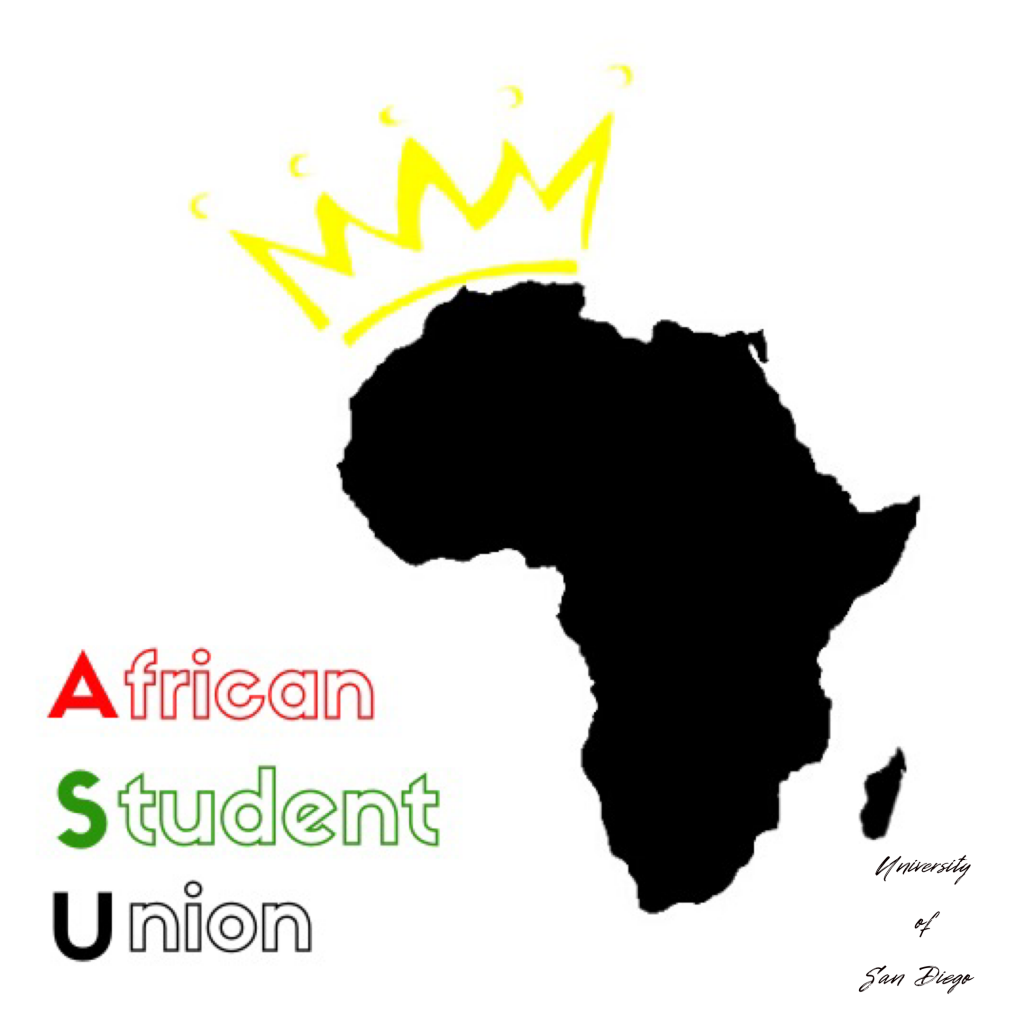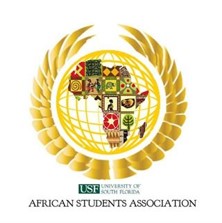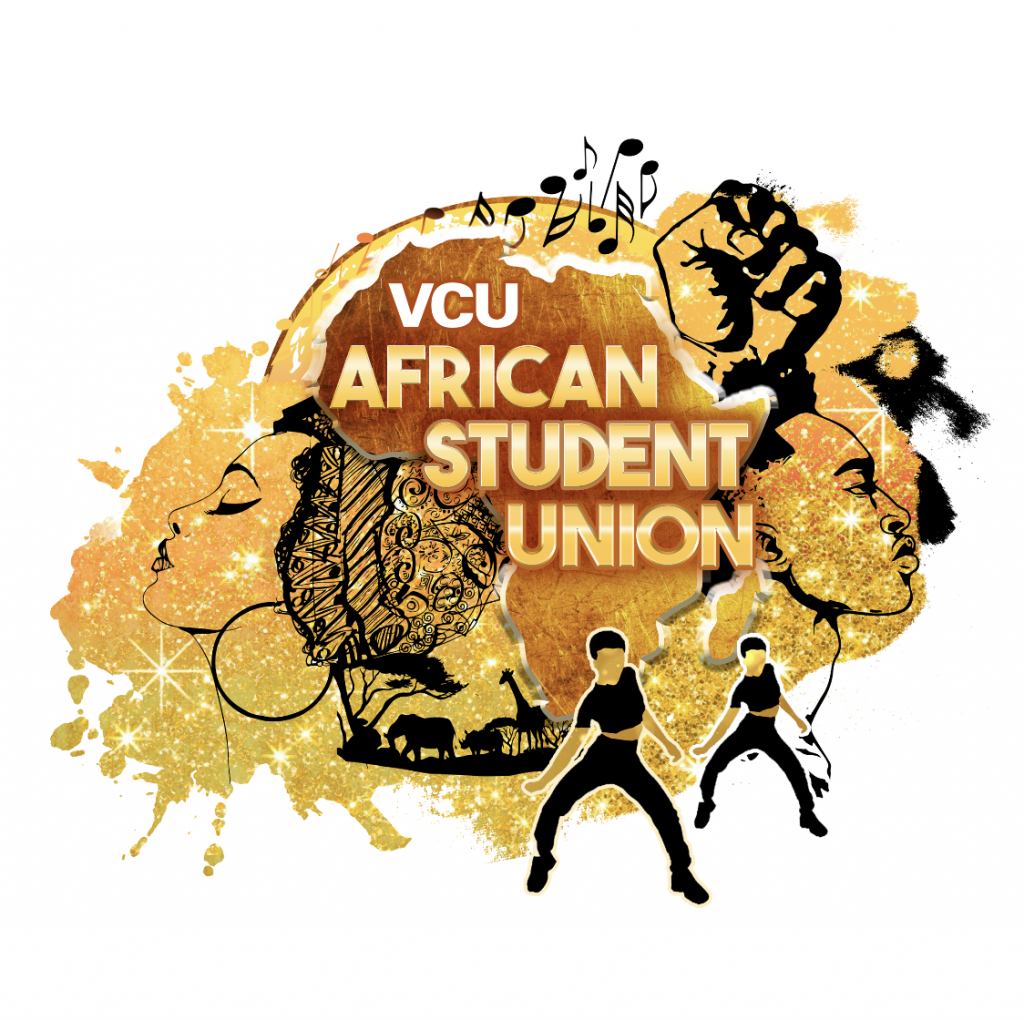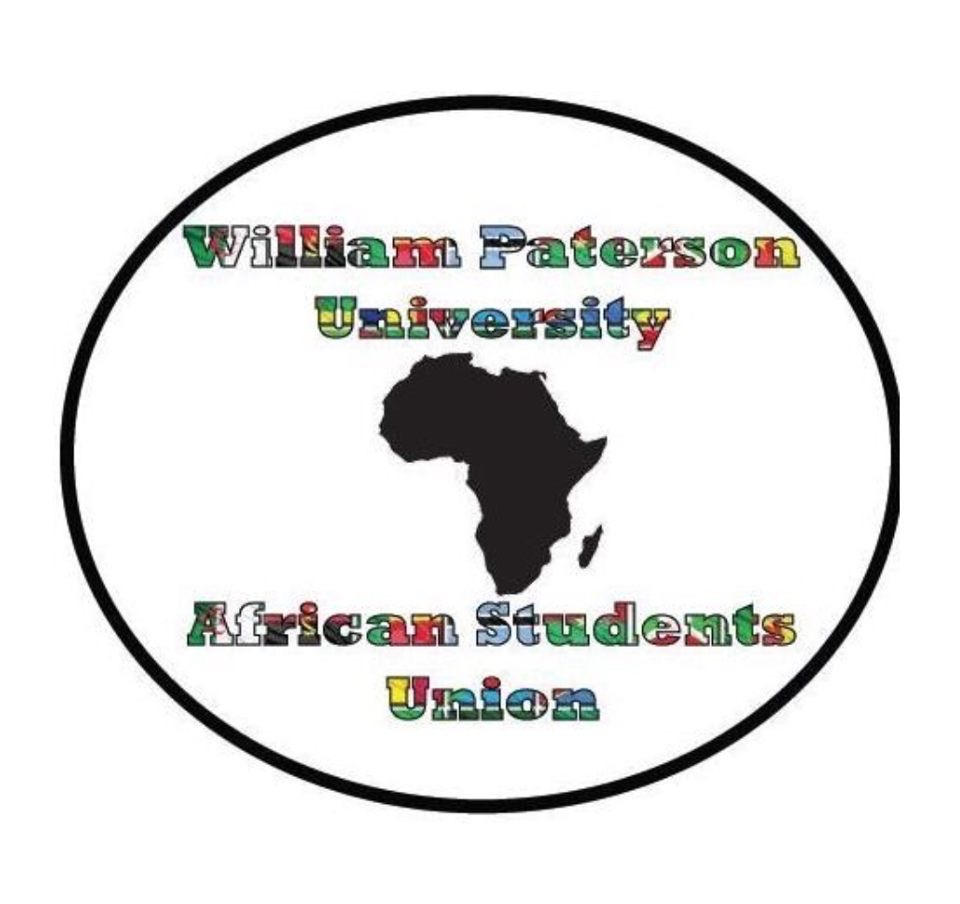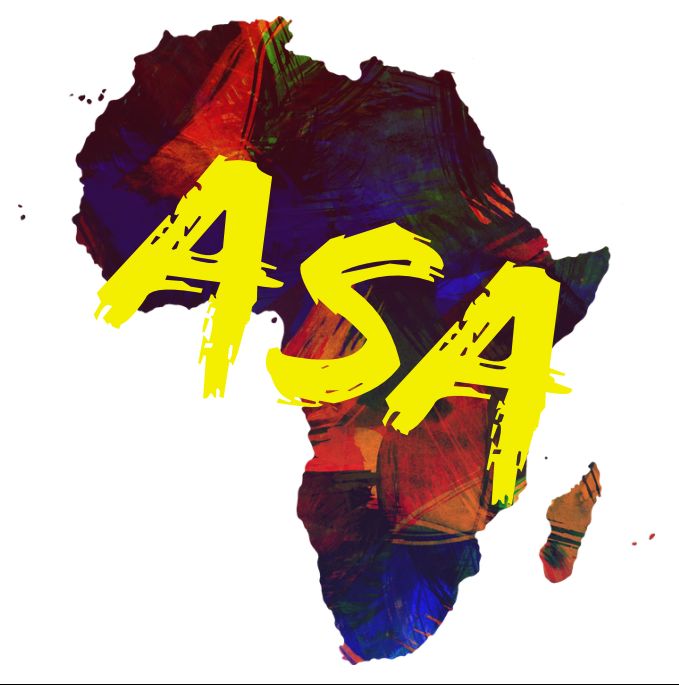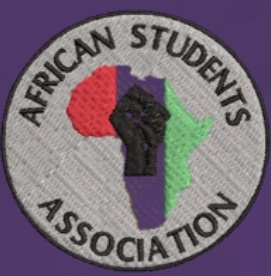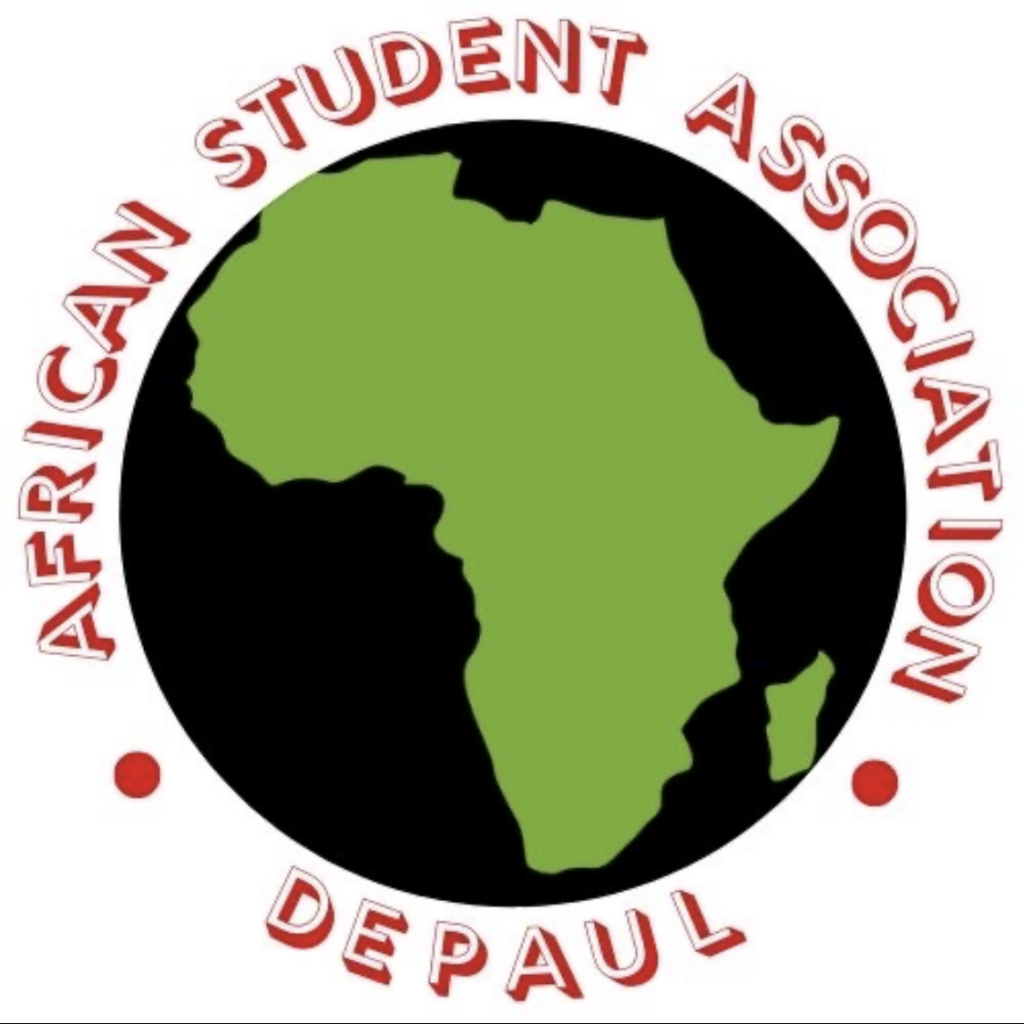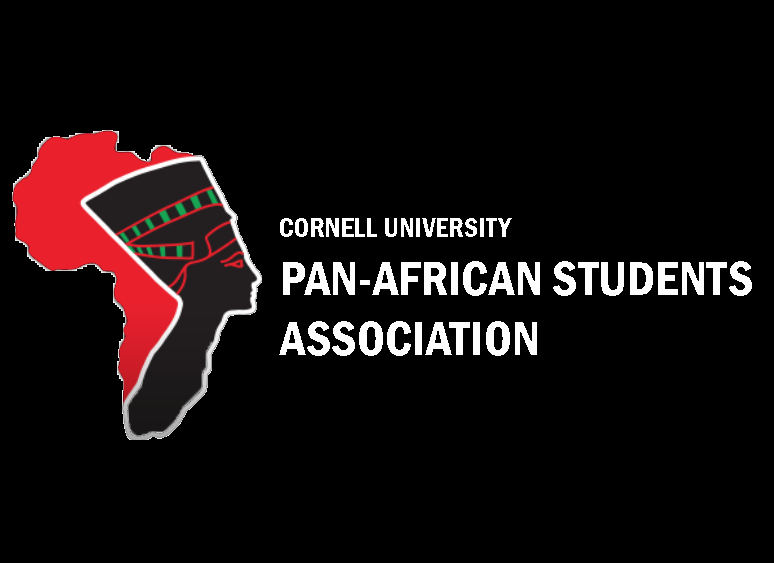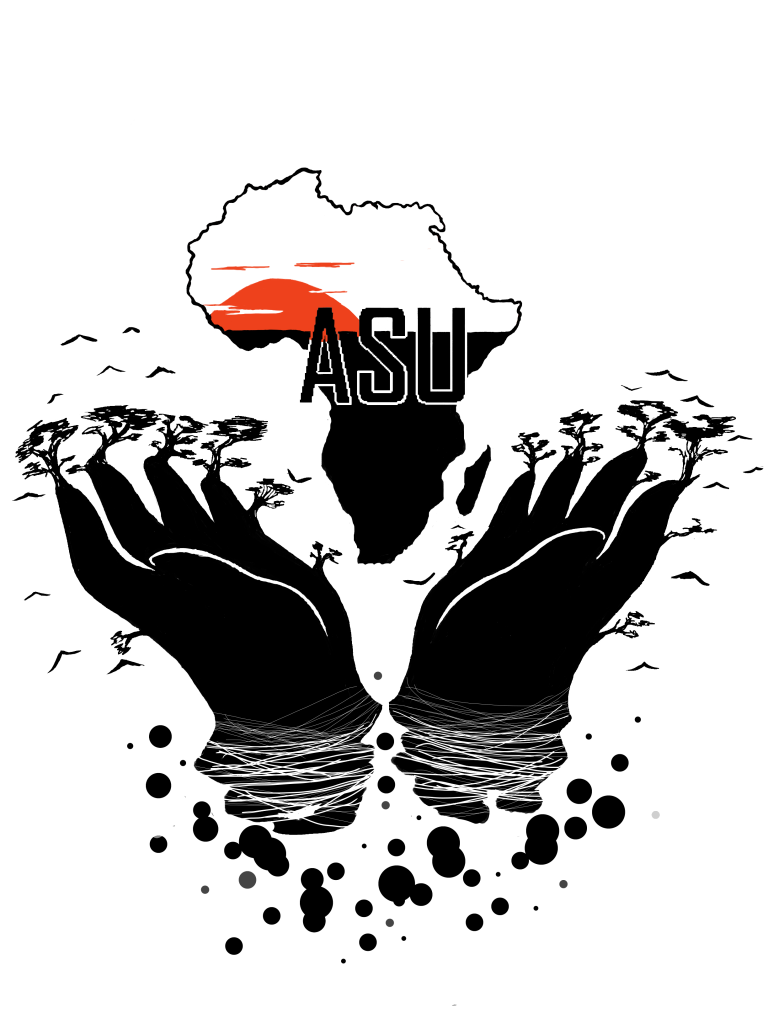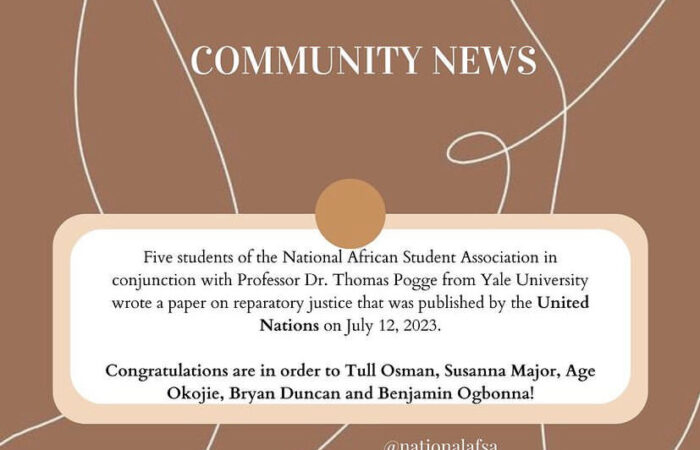By Maeti Udeh and Simi Aluko

Introduction
Black innovation is explosive. Let us consider 2020. Africans across the continent and the world are rising up against oppressive governments, systemic exploitation and neglect, gender-based violence, and police brutality — all institutions implemented, sustained and protected by the legacy of colonialism. Each uprising inspires and sharpens others, prompting each of us — both on the continent and in the diaspora — to embrace all cultural, and socio-economic backgrounds as we realize our connection and responsibility to one another. There are 54 countries in this great continent, each with its own set of issues. We’ve chosen a few to focus on and bring more people to understand these issues so that they can increase their social awareness.
Nigeria
As protests continue to sweep the country, authorities and government officials have continued to oppress protestors. Demonstrations have flooded the streets, at least 56 people have died due to national security and police escalating violence in otherwise peaceful demonstrations. At least 12 of these deaths were from the Lekki Toll Gate massacre on the night of October 20th. Throughout that day, there was no hostility amongst the thick crowd of protestors. “People were seen dancing, having their hair styled and speeches were made,” (Amnesty International). What started out as a day filled with joy and dancing ended with bloodshed and tears. That night, the event escalated as military troops moved in, yet, government officials have refused to take accountability of their actions and acknowledge the blood on their hands. Instead, they have enforced curfews, cut power, and have told the Nigerian youth to stop protesting. In a video of the Lekki Toll Gate protest, a participant is heard saying, “Nigeria is under construction by Nigerian youth.” “A new Nigeria,” another protester said in agreement. The youth of Nigeria refuse to back down. President Muhammadu Buhari has “called on Nigerian youths ‘to discontinue the street protests and constructively engage the government in finding solutions. Your voice has been heard loud and clear and we are responding,” (Aljazeera). No viable solution has been presented yet to address the root problem of police brutality.
Congo
The beautiful country of DR Congo has been cursed by its blessing. The thick tension that continues to cut through the country has brought on faminine, poverty, a pandemic of rape, disease and more. There are several issues that need the world’s attention and social media is doing that with hashtags like “Congo is Bleeding.” One issue being closely analyzed is the exploitation of the children. According to Save the Children, “1 in every 10 children in the world that is at risk of starvation is currently in DR Congo.” Because of poverty, kids are being forced to work under terrible conditions. “ Given the same status as adults, they work without breaks and without any basic measures for protection or security. In unbearable heat, with clouds of red dust and weak light, these children dig at depths of 200 to 300 meters and are at constant risk of asphyxiation, rockslides, or other accidental deaths, for a remuneration of 1 to 2 dollars per day,” (Humanium). To directly address these issues, certain governmental actions have been proposed, such as establishing a legal framework when it comes to minimum age of employment and developing agencies to oversee said framework. Implementation of these proposed governmental actions have yet to be seen at the moment.
Namibia
Women do not feel safe in the country of Namibia. “540 days between January 2019 and June 2020, three rape cases were reported to the police everyday,” (Sylvia Kerubo of The African Women’s Development and Communication Network). The country is going through a nationwide crisis of rape and sexual assault. Protestors are demanding a state of emergency, which has brought social media to circulate the hashtag “Shut It All Down,” and “Am I Next?” Protests were fueled when the body of Shannon Wasserfall was found on October 6th, after being reported missing since April. Her cousin, Ndiilo Nthengwe, is an activist and said “period poverty, child marriage and SGBV [sex and gender based violence] speak to one thing: That women are ultimately subjected and subjugated to the most heinous forms of treatment, erasing their autonomy and rendering them second-class in the country” (Sylvia Kerubo of The African Women’s Development and Communication Network). The government has responded in agreement with protestors, that the women of Namibia should feel safe and that there has to be something done. But the people want to see action instead of hearing their words. According to CNN and activist Bertha Tobias, the action they would like to see are “specific deadlines on government policy actions; the resignations of Namibian gender equality minister, Doreen Sioka and her deputy Bernadette Jagger; and the declaration of a state of emergency.”
Cameroon
Current conflicts between the Anglophones and the Francophones within Cameroon can be traced back to 2016 when the first protests occurred. These protests were initiated by English speakers (Anglophones) who felt disenfranchised by the Cameroonian government, a government that has been dominated by French speakers (Francophones). Paul Biya, the current president of Cameroon and a Francophone, has been president since 1982. In his tenure, he has spearheaded the imposition of French culture onto English-speaking citizens of the country. These exclusionary actions sparked the initial protests calling for the government to stop appointing French-speaking officials in their courts and schools. However, their demands were met with violence and peaceful protestors were thrown in jail unjustly. The only opposition that remained against the government were extremists, who felt that the government was incapable of reforming and also felt that the only solution was for the Anglophone area to secede from Cameroon. Thus, a separatist group was formed and fighting between them and the government ensued. While there have been casualties on both sides of this civil war, English-speaking civilians who are neither extremists nor do they support the government have been the most affected. Many of them have been removed from their homes and have fled. It is estimated that “hundreds have died and nearly 500,000 civilians have been displaced “ (The Washington Post). Others have witnessed their families and friends shot and killed by government militia. The issues within this country are extremely complex with a lot of moving pieces, but one thing is certain: that there is a major humanitarian crisis occurring within this country that is being brought onto the global stage. Currently, the Swiss government has intervened to mediate peace talks between the Cameroonian government and the separatists. Hopefully, these talks can lead to a general compromise between the two sides.
Liberia
Rape has become a national concern in this relatively small country. Protests have emerged all over Liberia in response to the rise of sexual assault cases coupled with the decrease in the convictions of perpetrators of those cases. The United Nations, in 2016, recorded “803 rape cases the previous year in the country of 4.5 million, and found only 2 percent of sexual violence cases led to a conviction” (Aljazeera). And every year since, the number of (reported rape cases) has steadily increased. This alarming statistic as well as pressure from many influential activists and organizations has prompted the current president of Liberia, George Weah, to declare rape a national emergency. He announced in a hearing that he plans to appoint a national prosecutor that will oversee all rape cases as well as develop a national sex offender registry. The president even mentioned that a task force will be created to directly handle sexual and gender-based violence. All of these initiatives seem wonderful but many are still unconvinced that the problem has been solved. Many people still need to see tangible actions taken place to feel reassured that things are heading in the right direction.
Conclusion
At the end of the day, these are only a few of the many social movements occurring throughout the continent. To include them all, we would need a lot more pages. But it goes to show that there’s a certain resounding sentiment spreading across Africa. Issues are now coming out into the limelight through the courageous acts from people all over, especially the youth. We see our peers emerging as young leaders, mobilizing groups to enact much needed change. Change that comes through the form of mass protests and demonstrations. Yes, blood has unfortunately been shed and we cry for those that have lost their lives in this continuous fight. But let us not be mistaken — Africa is not bleeding, Africa is rising once again.
Special thanks to the following schools that played a role in the development of this statement
- Cornell University
- Denison University
- DePaul University
- Eastern Michigan University
- Fayetteville State University
- Indiana State University
- Johns Hopkins University
- Maryville University
- Morgan State University
- Ohio Northern University
- Ohio State University
- Prairie View A&M University
- Saginaw Valley State University
- University of Dayton
- University of Miami
- University of Oklahoma
- University of San Diego
- University of the Incarnate Word
- University of Toledo
- Virginia Commonwealth University
- Washington College
- William Paterson University
- Wright State University
Sources:
“The African Women’s Development and Communication Network.” FEMNET, 19 July 2020, femnet.org/.
Al Jazeera. “Liberia Declares Rape a National Emergency after Spike in Cases.” Sexual Assault News | Al Jazeera, Al Jazeera, 12 Sept. 2020, www.aljazeera.com/news/2020/9/12/liberia-declares-rape-a-national-emergency-after-spike-in-cases.
Al Jazeera. “Nigeria: Is SARS Gone or Is It Being Rebranded?” Undefined News | Al Jazeera, Al Jazeera, 18 Oct. 2020, www.aljazeera.com/program/the-stream/2020/10/15/nigeria-is-sars-gone-or-is-it-being-rebranded/.
“Children of Democratic Republic of the Congo.” Humanium, 30 May 2020, www.humanium.org/en/democratic-republic-congo/.
“In Nigeria Police Continue to Torture with Impunity.” Amnesty International, www.amnesty.org/en/latest/news/2020/06/nigeria-horrific-reign-of-impunity-by-sars-makes-mockery-of-anti-torture-law/.
Morse, Yonatan L. “Analysis | Cameroon Has Been in Crisis for Six Months. Here’s What You Need to Know.” The Washington Post, WP Company, 18 Apr. 2019, www.washingtonpost.com/news/monkey-cage/wp/2017/06/02/cameroon-has-been-in-crisis-for-six-months-heres-what-you-need-to-know/.
